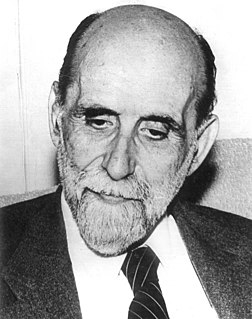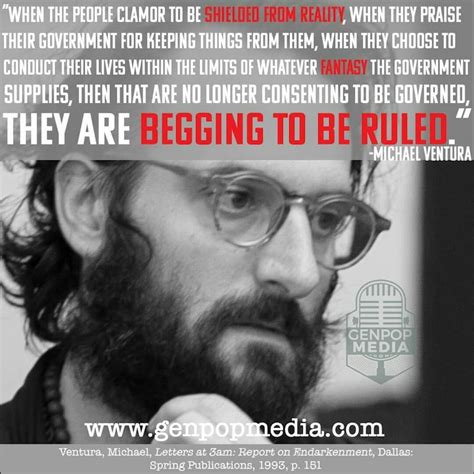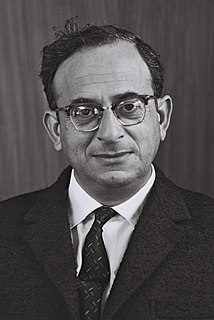A Quote by Juan Ramon Jimenez
Literature is a state of culture, poetry is a state of grace, before and after culture.
Quote Topics
Related Quotes
The Baathist state did two things extremely well. One was create information-gathering intelligence networks and a filing system. There's actually a lot of information on a lot of people and that is a major achievement of a police state. The second one is the promotion of literature and poetry, and the arts generally. So this is a state that's producing mass police archives - surveillance - and poetry. And in fact a lot of the archives are about what poets are writing or what they should be writing.
We live in a cluttered culture, a culture of information in which even our computers can't tell us what's worth knowing and what is merely cultural scrap. In such a society, we don't have the experience of contemplative space, of the time or mood to engage a book of poetry or even read a novel. Who can achieve the unconscious-conscious state of the reader when everything is stimulation, everything is movement and information?
Poetry transcends the nation-state. Poetry transcends government. It brings the traditional concept of power to its knees. I have always believed poetry to be an eternal conversation in which the ancient poets remain contemporary, a conversation inviting us into other languages and cultures even as poetry transcends language and culture, returning us again and again to primal rhythms and sounds.
Fanfiction is what literature might look like if it were reinvented from scratch after a nuclear apocalypse by a band of brilliant pop-culture junkies trapped in a sealed bunker. They don't do it for money. That's not what it's about. The writers write it and put it up online just for the satisfaction. They're fans, but they're not silent, couchbound consumers of media. The culture talks to them, and they talk back to the culture in its own language.







































